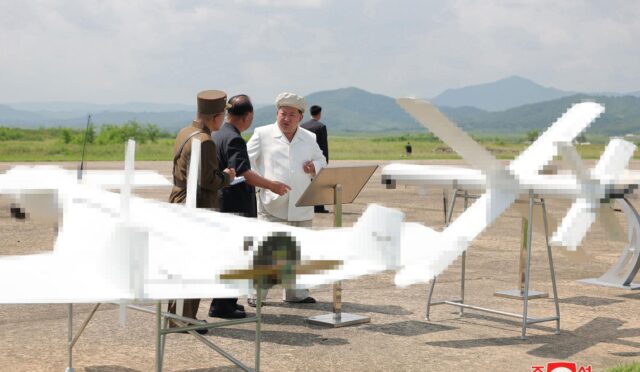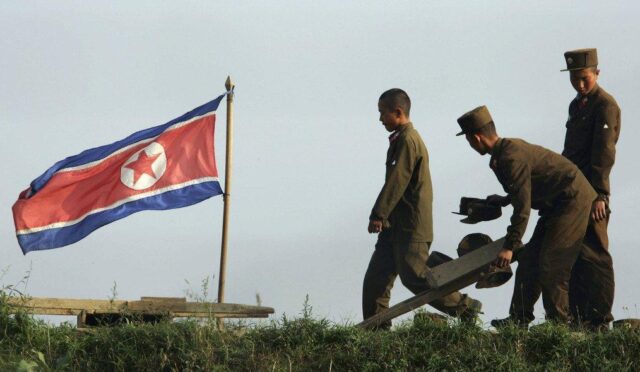Black Sea Military Agreement: US Brokers Russia-Ukraine Truce
On March 26, 2025, Russia and Ukraine reached a significant agreement to cease military operations in the Black Sea and on vital energy infrastructure. This development came after intensive negotiations led by the United States, which proposed easing restrictions on agricultural exports as a persuasive incentive for Moscow. President Donald Trump has been advocating for a swift resolution to the conflict that has resulted in considerable loss of life on both sides.
Negotiators from the US engaged separately with each country’s delegation over three days in Riyadh, culminating in a joint commitment. The White House confirmed that both Russia and Ukraine pledged to facilitate safe navigation in the Black Sea and to prevent the military use of commercial vessels. Additionally, the US expressed intentions to find ways to enforce a ban on attacks targeting energy infrastructure in the region.
Kremlin’s Conditions for Peace
The Kremlin emphasized that the agreement to stop strikes in the Black Sea relies heavily on lifting existing restrictions on Russia’s agricultural sector. In a statement, Russian officials asserted that a recent 30-day energy truce mandated by President Vladimir Putin must include provisions for pipelines, power stations, and refineries.
Ukrainian President Volodymyr Zelensky expressed cautious optimism about the agreements, although he indicated that it was too soon to determine their efficacy. He mentioned plans for third-party involvement in overseeing any future peace agreements, suggesting that Turkey could monitor the situation in the Black Sea, while a Middle Eastern country might oversee energy negotiations.
The Agricultural Offer
In a noteworthy diplomatic shift, President Trump spoke directly with President Putin shortly after taking office, effectively restoring lines of communication that had been severely strained since Russia’s invasion of Ukraine in 2022. As part of the deal, the US planned to facilitate the restoration of access to the global market for Russian agricultural exports, particularly fertilizers.
While the US had not imposed direct sanctions on Russian agriculture, it had restricted access to international payment systems, which became a focal point of contention for Moscow. Russian officials claimed that these US policies were exacerbating food price increases globally, asserting that the agreement would activate only after sanctions on the Russian Agricultural Bank and related financial entities were lifted, enabling their reconnection to the SWIFT system.
Concerns from Ukraine
Amid this progress, President Zelensky raised concerns about the implications of the US’s stance, suggesting it may weaken Ukraine’s negotiating position and reduce the overall effectiveness of sanctions against Russia. Ukrainian Defense Minister Rustem Umerov noted that discussions regarding the specifics of the Black Sea agreement were still underway and warned that Ukraine reserved the right to defend itself if Russian military vessels ventured further into the area.
Earlier in March, Ukraine had proposed an unconditional ceasefire, a plan that was ultimately dismissed by Russia. This rejection led Kyiv to suspect Moscow was attempting to land a more advantageous position on the battlefield before conceding to peace.
Diplomatic Tensions and Future Expectations
Russian Foreign Minister Sergei Lavrov, however, suggested that Moscow was not keen on agreeing to a more extensive ceasefire, claiming that its immediate priority was ensuring safe shipping routes through the Black Sea. He previously criticized Western nations, comparing their actions to historical figures like Napoleon and Hitler in attempts to ‘contain’ Russia.
In light of these tensions, President Zelensky anticipated that a forthcoming summit in Paris would provide further clarity on potential contributions from other nations regarding peacekeeping efforts in Ukraine. As groundwork for agreements begins setting, military activities have intensified on the ground, with both sides escalating their attacks as the conflict drags on.
Escalation of Military Activities
The urgency of diplomatic efforts was underscored by an increase in military operations, particularly in Ukraine, where officials reported that air defense units had intercepted 78 of the 139 drones launched by Russia on the day of the agreement. The ramifications on the ground were grave, with civilian tolls from recent strikes rising significantly.
In the northeastern city of Sumy, the aftermath of a Russian strike in a residential area the previous day resulted in 101 wounded, including many children, highlighting the devastating impact of the ongoing conflict. Meanwhile, Russian forces claimed to have made additional territorial gains, capturing two villages amidst continued hostilities.







